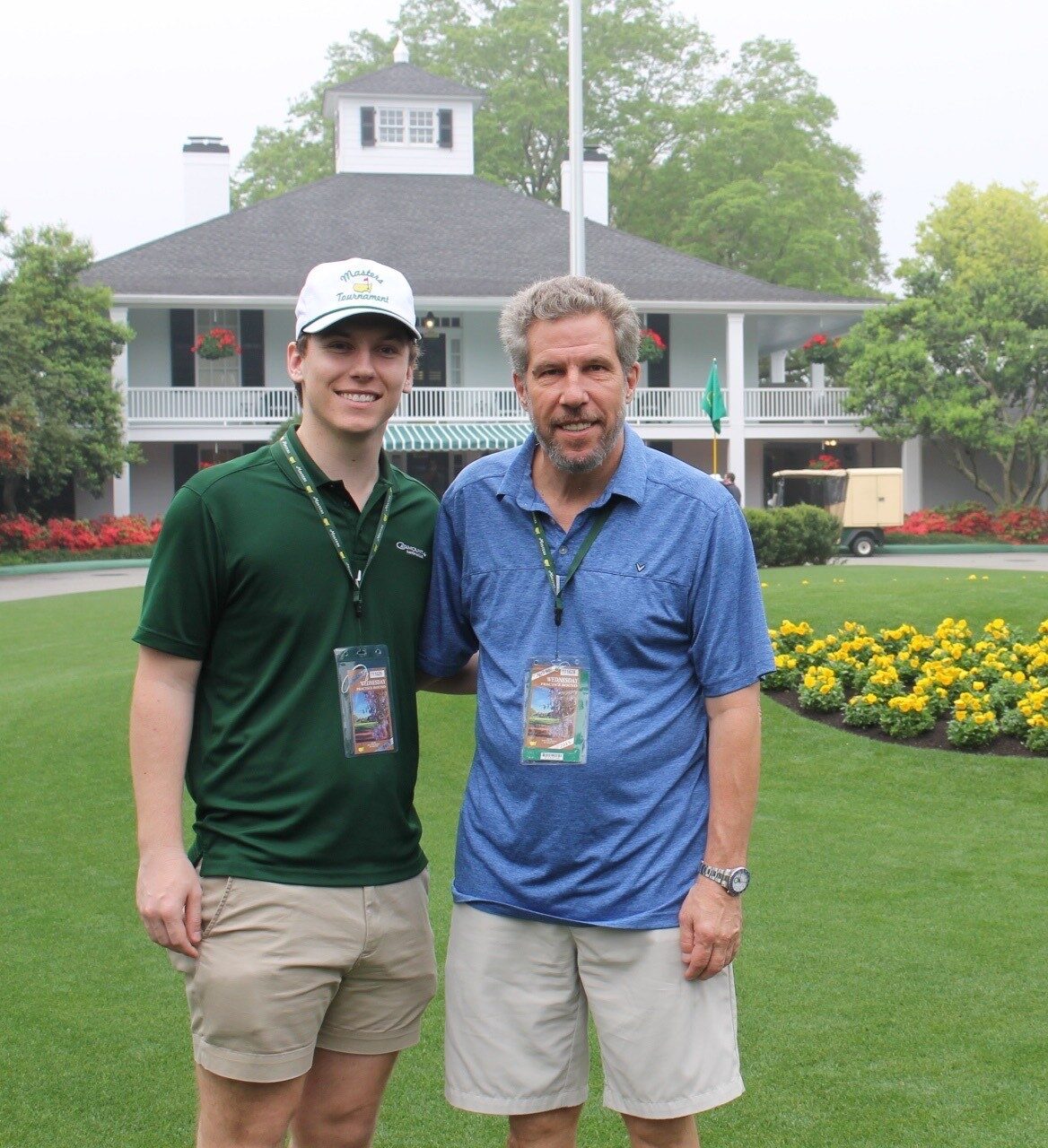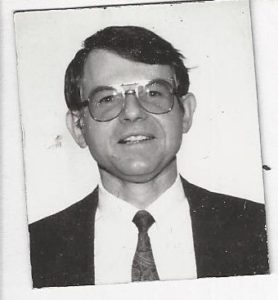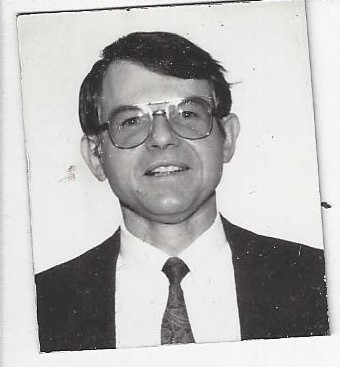
The Legacy
April 11, 2024
This is a guest post by Christopher Wood, Jr, son of the KCA’s late Board Chair and friend, Dr. Christopher…
Read More
John Fudala and Barbara Gerzonich came together over food and science.

They both worked in public health – on the same floor of the same food safety office in New York state. John specialized in tracking foodborne outbreaks while Barbara focused on food safety inspections.
They shared similar values that centered on family, spending time in nature, and a love of cooking and eating.
“We complemented each other,” Barbara said. “He liked to bake. I was better at cooking.”
John and Barbara were married in October 1993. But within a year, just three days shy of their first anniversary, John died at age 47 of renal cell carcinoma.
“Being a newlywed and having my husband die… it was really hard,” Barbara said. “Nobody else should have to go through this.”
John had actually been dealing with kidney cancer for a while though he wasn’t diagnosed right away. He had a noticeable cough and weight loss in January 1993 but it was a semi-visible kidney on a lung x-ray that gave any indication that there was a kidney problem.
John had surgery to remove one of his kidneys in April 1993 and received a renal cell carcinoma diagnosis. It was only the third case of kidney cancer John’s doctor had ever seen.
“The challenge back then was to find the right kind of doctor,” Barbara said. “We knew how hard it was to find a doctor who specialized in kidney cancer from our own experience… The doctor wasn’t even sure he should have surgery or not.”
“The challenge back then was to find the right kind of doctor.”
The nephrectomy seemed successful and John seemed cancer-free. When they wed, John and Barbara may have thought the cancer was behind them.
However, the cancer returned six weeks after the wedding. On the recommendation of his doctor in New York, John and Barbara began visiting the National Cancer Institute in Bethesda, Maryland for consultations and treatment.
John received interleukin-2 (IL-2), approved two years prior as the first drug to treat kidney cancer, but Barbara recalled a very bad reaction to the drug, particularly to his bowels, and no significant response to treatment. The cancer also metastasized to John’s lungs.
“That’s what prompted us to reach out to the Kidney Cancer Association – there wasn’t a standard for what to do when you have [kidney cancer],” Barbara said.
“I remember calling and getting a man on the phone. It must have been Eugene [P. Schonfeld, who founded the KCA]. He said he was a patient though he didn’t identify himself. He was very helpful. I was really impressed by the humility. He never said he was a founder or director, in charge, or on the board. It was just like a patient to another person, very human.”
John was particularly driven to pursue a scientific understanding of his disease and the various options.
“John had an MS in Biology and was a scientist by training and worked in epidemiology. And [with his kidney cancer], it was either pursue the science or don’t do anything,” Barbara said. “Maybe many people are happy with their doctor telling them what to do, but I’m not one of those people. I want to know everything and then I want to pick. And John was one of those too.
Through the NCI, John participated in several clinical trials. Barbara said John understood the importance of research and wanted to do his part to further the cause of science.
“The only other option at the time other than a clinical study was to do ‘nothing’. And that really isn’t an option for a middle-aged person who was otherwise in excellent health before the diagnosis,” she said. “He wanted not only to get well but also help advance the treatment research.”
John’s death preceded major advances in kidney cancer. After IL-2, sorafenib became the first FDA-approved oral chemotherapy for renal cell carcinoma in 2005.
Larger, better clinical trials led to new discoveries of targeted therapies and immunotherapies and resulted in a cascade of new drug approvals and treatment regimens for kidney cancer through the 2010s. Survival increased, response to treatment increased, and side effects became more manageable. Patients, caregivers, and families impacted by kidney cancer learned how to advocate for themselves, bolstered by more organized support groups, foundations, and associations.
Learn about kidney cancer history
Over the years, Barbara, herself trained in chemistry, continued to follow advances in kidney cancer science and, in her own way, contribute to future success for other doctors and patients.
Since 1998, she has contributed over 40,000 in donations both small and large to the KCA to support kidney cancer research.
“I’ve donated every year since John’s death to the Kidney Cancer Association to honor John’s memory and leave a legacy to have more success stories, so they don’t have to end like John’s.” she said. “That was the guiding thought – nobody else should have to go through this. And I see it as a legacy to John for the KCA to continue their work.”
In celebration of the 30th anniversary of the KCA, join people like Barbara in supporting patients and families through advances in kidney cancer research, care, and support. Click here to donate to the KCA’s Patient Assistance Fund.
3 thoughts on “Decades of kidney cancer research support”
So much progress has been made in treating kidney cancer since my friend, John’s, death. He soldiered through the experimental protocols because he wanted to help find effective therapies and he would be thrilled to know that many advances have been made. Barbara has carried this cause close to her heart, donations to KCA are gifts that come from her love for John.
I hired and then supervised Barb and John for a number of years. We were all good friend’s before they began dating. John was a very dedicated scientist. We were two of the three authors on a published paper on the New York State Health Departments Foodborne Disease surveillance program that had national impacts including at the CDC. Barb gave John outstanding support throughout his illness. It is gratifying to read of the progress that has been made in treating kidney cancer and to know that both Barb and John each in their own way have made significant contributions to that cause.
Thanks for sharing this story. I am incredibly sorry that John had to go through this and that Barbara so soon lost her loved one. This is a huge blow to each of them. But it is also a very inspiring example of love, care, willpower, and responsibility. It seems to me that John and Barbara have taken responsibility for the future of all those who were able to receive help and overcome this disease. For me, this is an example of very strong-willed people. And despite the sad ending for their family, they were able to achieve the success and the results they wanted. You are incredible people!